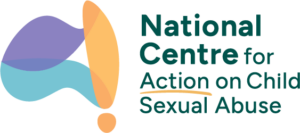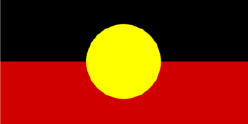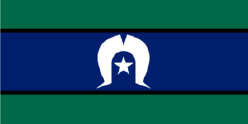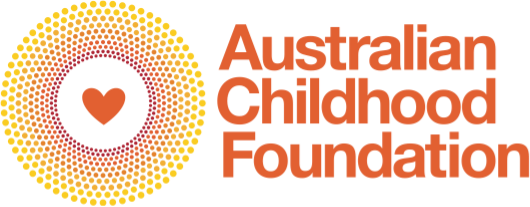To address these challenges, the National Centre has scheduled their next In Conversation webinar, set for May 2nd. The session will explore what a justice system would look like if it was designed to serve the needs of victims and survivors.
Moderated by National Centre CEO Dr Leanne Beagley, this In Conversation discussion will bring together lived experience with insights from research and practice experts to unpack:
- barriers that impede a positive and meaningful justice process and outcomes
- how the current justice system compounds trauma for victims and survivors
- how healing could be facilitated through a transparent, inclusive, trauma responsive and accessible justice system
Guest speakers include:
Malika Elizabeth Reese, Member of the National Centre Survivor-led Adult College. Malika is proud to be a college member with living experience of the National Centre’s Survivor-led Adult College. In 2010 Malika had her stepfather successfully prosecuted. In doing so she had the name suppression order dropped, so that the one-time Senior Citizen of the Year in Armidale, could be publicly named and shamed. As a speaker, writer, musician and storyteller, Malika has been performing for over 20 years. She is in the process of publishing a family memoir of six women in her family going back six generations and would like to follow this up with writing a play called “A Very Gentle Talk About Bodies for Little Ones” to gently address such topics as eating disorders, body acceptance and child sexual abuse.
Dr Jodi Death, Associate Professor, School of Justice, Queensland University of Technology. Jodi’s primary research interest is in child sexual abuse in institutional care. This includes identifying and responding to the voices and needs of survivors and developing an understanding of historic paedophile networks. This work builds on Jodi’s PhD which examined the role of forgiveness in ways that churches are responding to child sexual abuse by church leaders.
As part of an interdisciplinary team, Jodi has completed work for the Royal Commission into Institutional Responses to child sexual abuse, considering children’s perspectives of safety in out-of-home care. Jodi’s more recent work considers the ways in which the Family Law Court of Australia manages and responds to allegations of child sexual abuse in custody disputes. Prior to commencing with QUT, Jodi worked for the Department of Community Services NSW (DoCS), as a child protection caseworker. Jodi has also previously worked as a sexual assault crisis response counselor in Central West NSW and has a background in involvement with social welfare development in rural NSW.
Hanina Rind, Lawyer and Member of the National Centre First Nations College. Hanina is an experienced personal injury lawyer with a focus on institutional abuse, police torts, and coronial inquests. Currently working as in-house counsel for the Dja Dja Wurrung Clans Aboriginal Corporation, Hanina previously worked as a Solicitor at the Victorian Aboriginal Legal Service, providing culturally sensitive legal advice and representation to Aboriginal clients who have been abused by the police, in custodial settings, and in cases of deaths in custody. Hanina also worked as a Solicitor at Shine Lawyers, specialising in institutional abuse law. Hanina has authored a paper titled “Deepfakes, the new ‘Revenge Pornography’: Can our current legal framework remedy victims of non-consensual deepfake sexual abuse?” This paper critically examines the legal challenges surrounding non-consensual deepfake sexual abuse and assesses the adequacy of existing legal frameworks in addressing the rights of victims.
Renee Handsaker, Practice Lead, Open Circle, Centre for Innovative Justice, RMIT University. Renee is a highly skilled facilitator with over 15 years’ experience facilitating restorative processes in response to sexual assault, child sexual abuse, dangerous driving causing death, murder and racism. A key part of Renee’s work is facilitating healing and acknowledgement processes between survivors of institutional child sexual abuse and the leaders of the institution. Renee has a Bachelor of Social Work and a Masters of Narrative Therapy and Community Work.
This webinar is part of a concentrated effort by the National Centre to support the translation of knowledge and improve responses for victims and survivors of child sexual abuse.
EVENT DETAILS
Date: May 2, 2024
Time: 12pm-1.30pm AEST
Where: Online
Please note this webinar will be recorded.
Registrations are now open.







